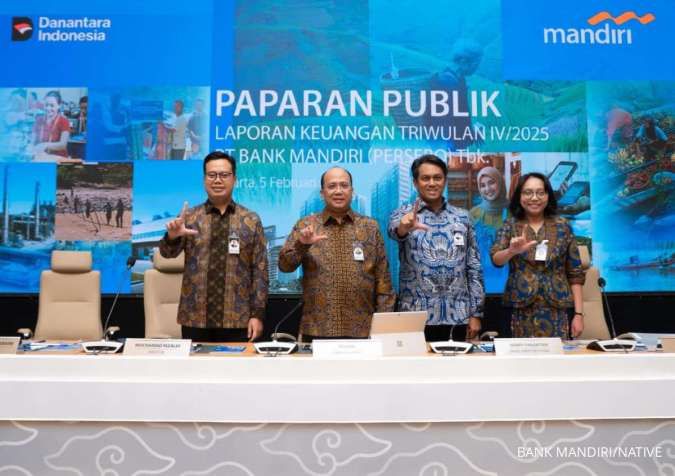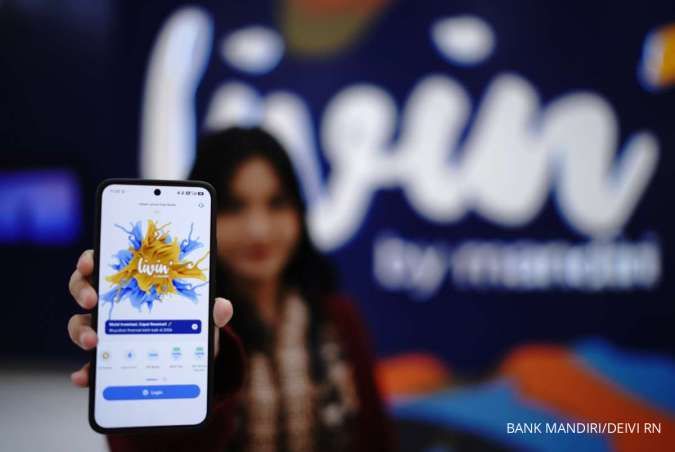JAKARTA. Because it is all about the world’s largest gold mine sitting on their land for 44 years, Papuans refuse to be left out from the ongoing saga involving the government and United States-based mining company Freeport McMoRan.A group of Papuan tribesmen has travelled all the way to Jakarta, shuttling from one organization to another to convey the grievances of Papuan people in connection with the prolonged contract dispute.They want to be involved in the negotiations because the future of thousands of Papuans is also at stake.
“We are not seeking shares [in the company]. We simply want the government and Freeport to think about the fate of Papuans, whose land has been damaged [by the mining operation],” Odizeus Beanal, the director of Amungme tribal council LEMASA, said on Sunday. The tribal leaders went to the offices of human rights group Imparsial to promote their cause. Previously, they had visited the National Commission on Human Rights (Komnas HAM). John Gobai, chairman of the Meegabo Traditional Papua Council, echoed the same concerns, saying that if the company ceased operations, it would have a great impact on locals, who had become dependent on the company’s operations. “Please let Freeport operate while the government, Freeport and the Papuan customary councils meet to negotiate the company’s contract. We do not care who will own the company’s shares later,” John said. He added that allowing Freeport to operate would also assure the restoration of areas damaged by mining activities in the country’s easternmost province. “Is the government ready to restore this environmental damage?” John questioned while showing pictures allegedly depicting environmental damage at the Grasberg gold mine. The company has reportedly slashed production and temporarily suspended 1,087 of the more than 32,000 workers it has as of Feb. 22, according to the Mimika Manpower, Transmigration and Public Housing Agency, following the row with the government. According to data from PT Freeport Indonesia, 12,085 of the total workforce are permanent employees, comprising 4,321 Papuans, 7,612 other Indonesians and 152 foreigners. The local subsidiary of the gold and copper miner has been in a deadlock over its operations as the government demands a conversion of its Contract of Work (CoW) agreement signed in 1991 into a so-called special mining license (IUPK) before extending its export permit. John is also worried that the thousands of Papuans studying in many regions of the country on Freeport scholarships would be affected by the dispute. Bisman Bakhtiar, executive director of the Center of Energy and Mining Law, said the government should not belittle the cause of the Papuans. “The 2009 law on mineral and coal mining requires that Freeport build a smelter to get permission to export concentrate again, but President [Joko ‘Jokowi’ Widodo] could issue a regulation in lieu of law [Perpu] as a solution,” he said.
The Perpu should provide a legal basis to allow Freeport to resume operations during the negotiations, while forcing the firm to build a smelter. Komnas HAM commissioner Natalius Pigai said the commission had received reports on the issue from Papuans, including local leaders. “It is not fair to just think about nationalism while letting many people suffer,” Natalius told The Jakarta Post on Monday. “The government should protect the rights of Papuans, including their job rights.” Freeport Indonesia spokesman Riza Pratama could not be reached for comment on Monday.


